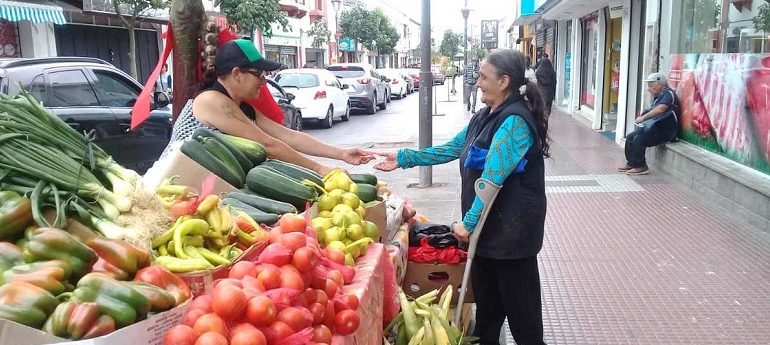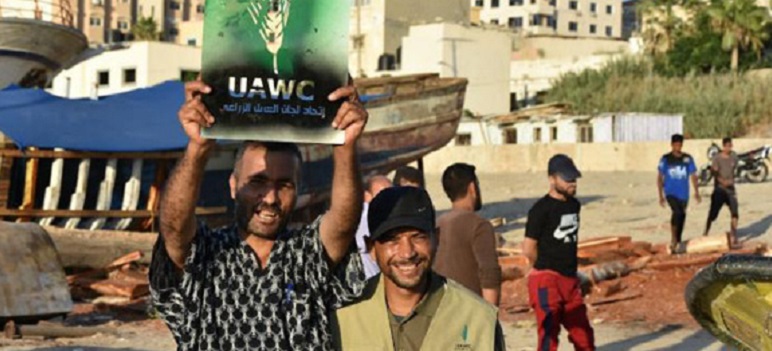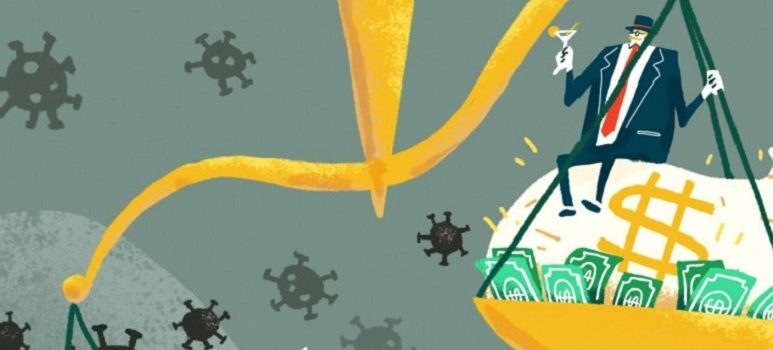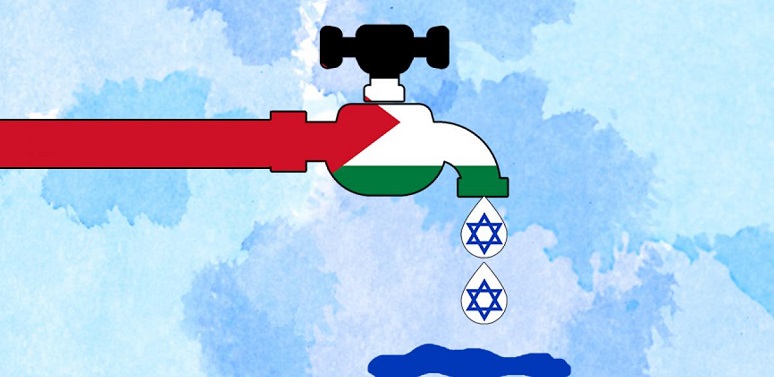CETIM focuses on the promotion and implementation of economic, social and cultural rights (ESCR). They are the backbone of human rights and a powerful tool for achieving a self determinated development model by peoples. This is particularly true for the most vulnerable and marginalised populations. Properly implemented, these rights contribute to the respect for human dignity and to the achievement of social justice. On the contrary, the violation of any of them can jeopardise the enjoyment of all the others.
The universality, indivisibility and interdependence of human rights are enshrined in international instruments. Yet, we are still a long way from their effective implementation for all, and ESCR are among the worst off. Indeed, the basic needs (food, water, health, housing, education) of a third of humanity are still not being met. In some respects, the situation has even deteriorated, including in the countries of the North. This is due to the fact that the policies adopted at economic level accentuate ESCR violations and cause
– increased poverty
– growing inequality across the world
– multiple crises (political, economic, financial, environmental, social and cultural).
By definition, human rights are designed to protect citizens from the arbitrary actions of the most powerful and their governments
The international health crisis linked to COVID-19 has only exacerbated this situation. It has also shown the importance of implementing public policies based on ESCR. In particular, the right to health, the right to housing, the right to food, the right to water, the right to work, the right to education and the right to social security.
But for human rights to be better respected, they must be known, they must be demanded and they must be enforced. However, victims are often unaware of their rights and of the mechanisms available to them for appealing (at national, regional or international level). States, which have an obligation to inform and educate their citizens about human rights, often fail in their duties.
The role played by civil society organisations and social movements in human rights education and training is therefore crucial
– to denounce human rights violations
– to contribute to the implementation of existing standards.
Two Special Rapporteurs from the Human Rights Council challenged the Chilean government on the subject of the human rights violations raised by the “Red de defensa de los territorios Araucanía” and CETIM.
Continue reading
PRESS RELEASE We, the undersigned, stand in firm internationalist solidarity with Palestinian Civil Society and demand the Israeli Ministry of Defense and Israel Defense Forces (IDF) reverse their recent decrees against six of the most important rights-based organisations in occupied Palestine. On October 19th, 2021, the Israeli Defense Minister, Benny Gantz, issued a military order […]
Continue reading
HUMAN RIGHTS COUNCIL 48th session 13 September-8 October 2021 On 27 September 2021, the CETIM participated in a debate organised by the UN Human Rights Council on the exacerbation of inequalities in the context of the Covid-19 pandemic.
Continue reading
HUMAN RIGHTS COUNCIL 48th session 13 September-8 October 2021 During the 48th session of the Human Rights Council, CETIM, in collaboration with the International Association of Demcoratic Lawyers (IADL) and the Union of Agriculture Work Committee (UAWC-Palestine), intervened during the debate on the Report of the High Commissioner on allocation of water resources in Occupied […]
Continue reading
HUMAN RIGHTS COUNCIL 48th session 13 September-8 October 2021 [Excerpt of the declaration] The negative humanitarian effects of unilateral sanctions have worsened during the COVID-19 pandemic. They represent a clear obstacle to the ability to fight COVID-19 as they affect (in some cases even contribute to dismantle) the economic apparatus of the targeted countries and […]
Continue reading
« Previous
1
…
6
7
8
9
10
…
33
Next »






